 No, this isn’t about cocaine. I’m not that fun. But I do want my last post of the year to be upbeat.
No, this isn’t about cocaine. I’m not that fun. But I do want my last post of the year to be upbeat.
So, I live in the Midwest. It snows here. Last winter when it snowed, it was inconvenient because our snowblower was out of commission. We had two decent sized snows back-to-back, within days of each other, and I didn’t have time between snows to shovel out our driveway. Having four-wheel drive makes that less of an issue, but after that second snow, it really needed to be done. Because our garage is set behind our house, our driveway is pretty long. It took me over an hour to make it from the garage to the sidewalk and by that point, I was sore and exhausted. I ended up finishing the drive the next day, which took about half an hour.
My body was pissed.
I’d hurt my shoulder the month before, so it was really unhappy with me. And my back was livid that I was doing manual labor. I was not cut out for this. I swore that I was going to improve my physical condition so next time, I’d be more prepared and less sore.
I didn’t do that.
But, my dad did have the foresight to attempt to fix the snowblower before winter decided to arrive early this year. The carburetor has an issue and Dad thought he’d fixed it enough that it would work for the snow we got right after Thanksgiving. Unfortunately, the sort-of-fixed snowblower was no match for that heavy, wet snow. I managed two get two passes of the driveway done, but after the snowblower died for the third time, I called it quits.
The snowblower and I were not going to be friends.
I got out the shovel and started working my way down the driveway. Fortunately, the neighbor across the street, Susan, and her son Adam, were also snowblowing and shoveling and once they were finished on their side of the street, they came over and helped me and our other neighbor, as she’d just had knee surgery. I am eternally grateful for their help and I owe them a bundle of Christmas treats.
I didn’t bother shoveling after the second snow we got a few days later. I let the four-wheel drive do its thing.
Instead of trying again to fix the snowblower’s carburetor, Dad just bought a new one for twenty bucks. He put on the new carburetor and he’ll eventually fix the old one so we’ll have a back-up. That’s how we roll.
So when the next significant snow came clipping on through, we were prepared. In theory. I was reluctant to bother with the snowblower after my first disastrous attempt to bond because I thought it might hold a grudge. However, there was only a few inches of snow and it was light and powdery, so after doing a little shoveling, I decided to give it another try.
My friends, the snowblower and I had a good time.
After a few test runs near the garage, I cranked up the speed, and we went flying, getting the driveway to the sidewalk done in no time. The bottom part of the driveway is a trickier beast. It’s an incline. The city plows pile the snow up at the end of the driveway and there was still a mound of it from the last snow that I never bothered with. But I just turned down the speed and me and that snowblower got it done. Whole thing took me about 35-40 minutes and the snowblower had the good grace not to run out of gas until I was on my way back to the garage because I was finished.
We’re besties now.
This is important because my dad used to be the one to clear the sidewalks and driveways on our side of the block. He’s not able to do that anymore.
Maybe now I can pick up where he left off.

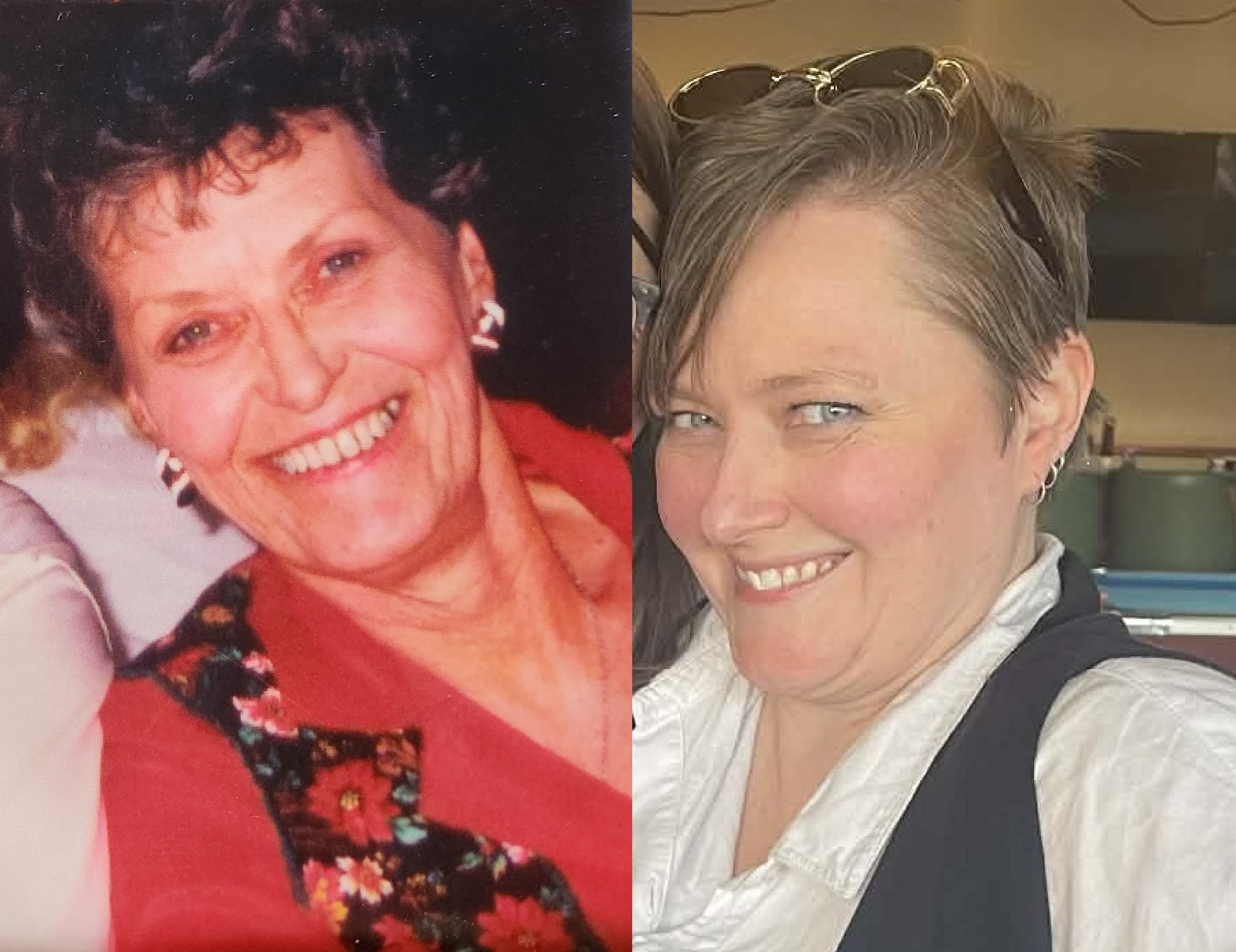 I do not look like my parents. I don’t look like my sister. And my sister doesn’t look like either of our parents. Growing up, I heard, “you don’t look like your mom” and “you don’t look like your dad” a lot. I once had someone tell me that one of my friends looked more like my sister than my actual sister does. Our family portraits look like Olan MIlls grabbed four randos off the street to create a sample family portrait to lure legitimate families in for a sit.
I do not look like my parents. I don’t look like my sister. And my sister doesn’t look like either of our parents. Growing up, I heard, “you don’t look like your mom” and “you don’t look like your dad” a lot. I once had someone tell me that one of my friends looked more like my sister than my actual sister does. Our family portraits look like Olan MIlls grabbed four randos off the street to create a sample family portrait to lure legitimate families in for a sit.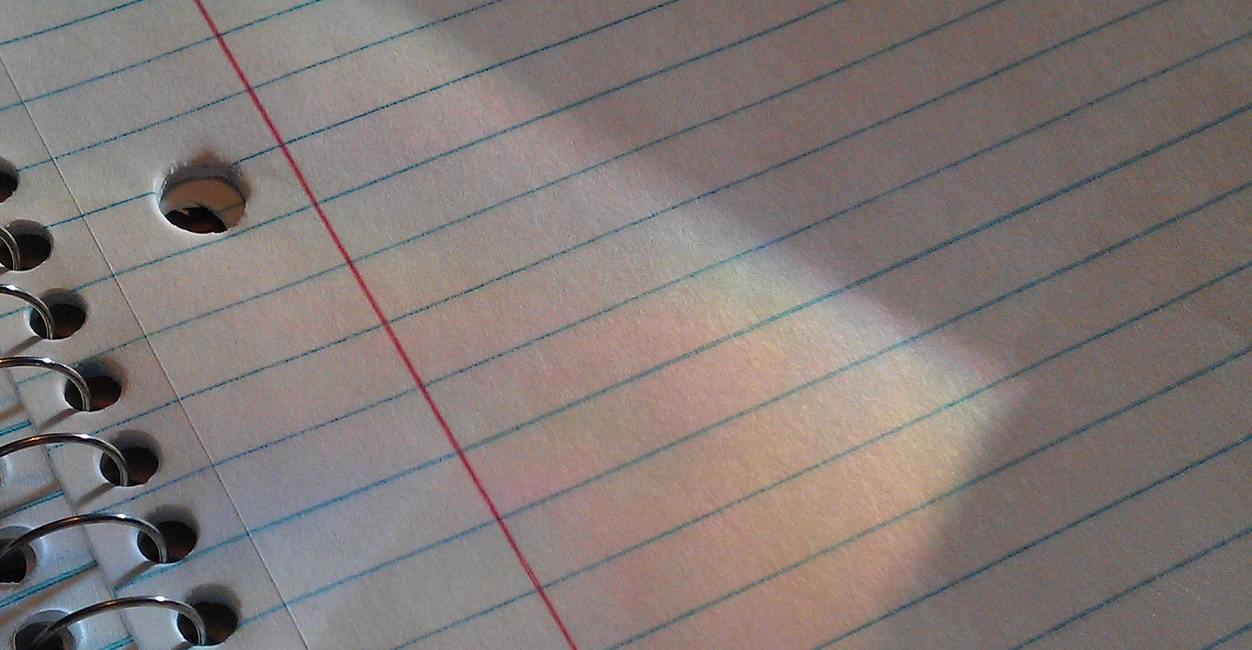 Let’s have a terrible love-ish poem for Valentine’s Day.
Let’s have a terrible love-ish poem for Valentine’s Day. Almost 30 years ago at my first legit paycheck job, I entertained my coworker’s toddler daughter by telling her a story. I told her to pick five words and I’d make a story out of them. And I did. I told her a wild fairy tale using all of her words, which kept her preoccupied while her mom was able to finish what she needed to do without worrying about her kid. All I remember about that story is that it had a gasoline fairy in it. My coworker at the time was impressed with my talent to come up with a story on the fly, but honestly, for me it wasn’t hard. I’d been telling myself stories all my life.
Almost 30 years ago at my first legit paycheck job, I entertained my coworker’s toddler daughter by telling her a story. I told her to pick five words and I’d make a story out of them. And I did. I told her a wild fairy tale using all of her words, which kept her preoccupied while her mom was able to finish what she needed to do without worrying about her kid. All I remember about that story is that it had a gasoline fairy in it. My coworker at the time was impressed with my talent to come up with a story on the fly, but honestly, for me it wasn’t hard. I’d been telling myself stories all my life.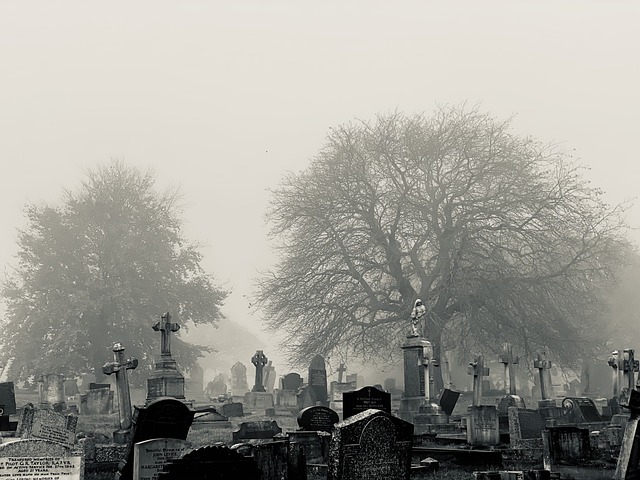 We all have hills we’re willing to die on.
We all have hills we’re willing to die on. 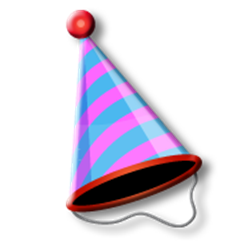 Here I am, officially on the slippery slope to 50, and lemme tell ya. I feel fine.
Here I am, officially on the slippery slope to 50, and lemme tell ya. I feel fine. I wasn’t actually going to do this post considering *gestures at literally everything*, but fuck it. World’s on fire. Doesn’t mean I have to burn. I can still catch a vibe.
I wasn’t actually going to do this post considering *gestures at literally everything*, but fuck it. World’s on fire. Doesn’t mean I have to burn. I can still catch a vibe. No, this isn’t about cocaine. I’m not that fun. But I do want my last post of the year to be upbeat.
No, this isn’t about cocaine. I’m not that fun. But I do want my last post of the year to be upbeat.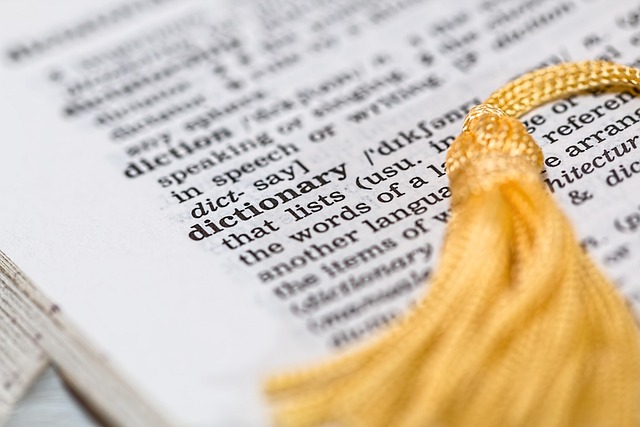 The holidays are a family time, so this is a great time for me to talk about my family’s favorite word, possibly the most versatile word in the family lexicon.
The holidays are a family time, so this is a great time for me to talk about my family’s favorite word, possibly the most versatile word in the family lexicon.